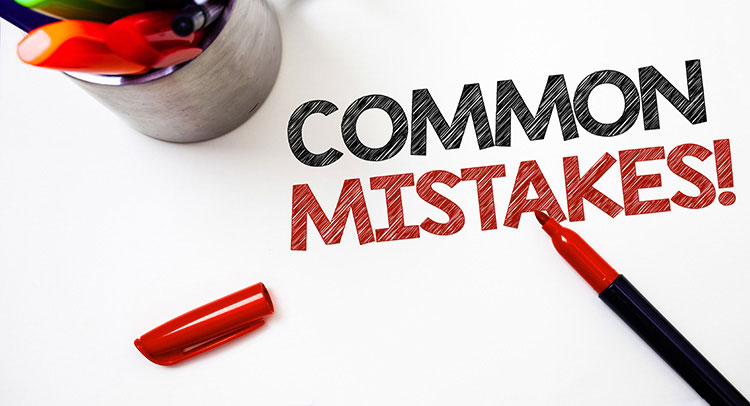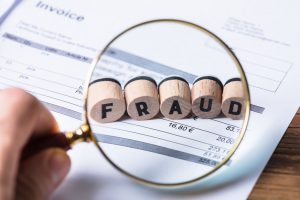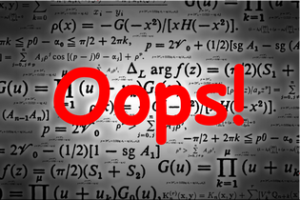Paying bills is never enjoyable, but paying bills that should never have been paid in the first place is even worse. There are several hazards that may rob a small business owner of their hard-earned money, and here are five to keep an eye out for when it comes to your bill-paying procedure.
Fraudulent invoices
Some organizations would send marketing materials masquerading as bills to companies. In some situations, it’s simply blatant fraud, attempting to persuade you to pay money that you don’t owe.
Many times, these bills appear legitimate, comparable to legal filing requirements, but don’t be misled. Examining the fine print can save you a lot of money. Set up measures to catch these sorts of invoices. Managers should be cautious about approving these bills for payment. Bookkeepers should be educated to ask their bosses about these invoices.
Item(s) not received
Three-way matching might help you avoid paying an invoice for products that were never delivered. Put in place the following measures to avoid this accounts-payable error:
- When the cargo comes, have warehouse personnel verify the shipping paperwork to what is in it.
- When the invoice arrives, have accounts payable personnel match the marked-up shipping receipt to it. If the invoice reveals that more products were invoiced for than were received, contact the vendor to amend the invoice. The invoice amount should be modified in the books, and a check for the lower amount can be issued.
Wrong amount
On occasion, the invoice may contain an incorrect price. If this occurs, it is possible that there was a misunderstanding throughout the sales process. In this situation, however, a call to the vendor is required so that a revised invoice may be provided.
Math error
This seldom occurs in this day and age of technology, but it is possible. All invoices should be examined to ensure they are fair. If it doesn’t make sense for something to be so expensive, it probably shouldn’t be. In rare instances, a price may have been entered incorrectly or a computer error may have happened.
If an error has been made in the invoice’s calculations, spot-checking it might save you money.
Duplicate invoice
This happens much too frequently. We may receive an emailed invoice, followed by a mail invoice. Procedures must be put in place to prevent it from being paid twice.
Many accounting systems accomplish this automatically, however if one character in the vendor name is incorrect, the system may fail. Check a list of disbursements on a regular basis to ensure that no payments are repeated. Procedures are the answer to account-reduced mistakes and ensure that you only pay the actual bills.



